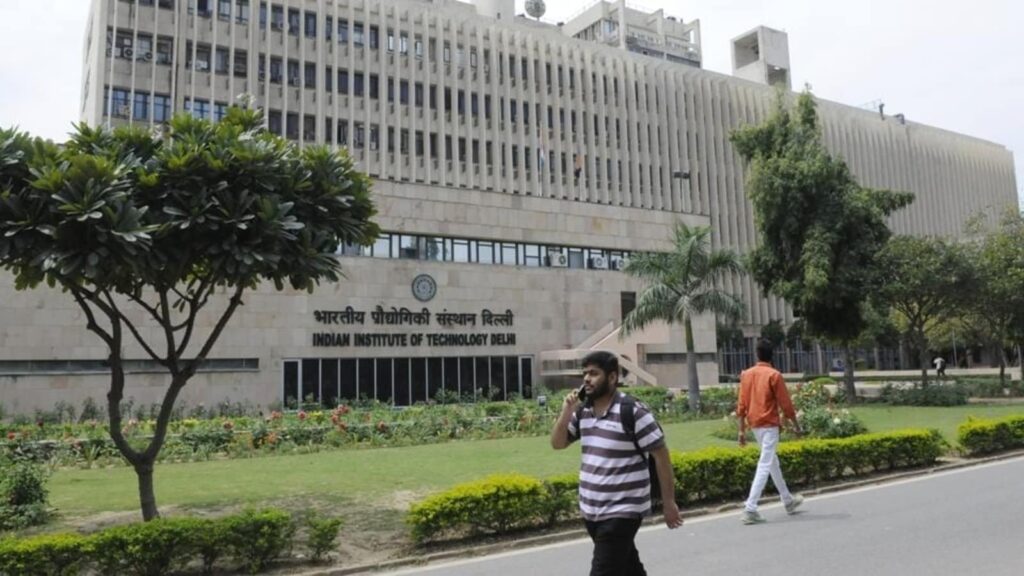The death of a 21-year-old BTech student by suicide at the Indian Institute of Technology (IIT) Delhi spotlights the mental health crisis brewing in India’s premier higher educational institutions, accentuated by problems of caste discrimination, lack of mentorship and a seemingly callous attitude towards marginalised communities. When seen with similar incidents of young people succumbing to the pressure at other IITs around the country, it is clear that the well-being of students at these leading institutions needs urgent attention.
There are some long-standing suggestions, including by the University Grants Commission, which in 2012 issued regulations and asked for the establishment of equal opportunity and anti-discrimination cells. Unfortunately, it is clear that most of these suggestions have either been inadequately implemented or ignored. Even in institutions where they have been set up, these mechanisms remain at the periphery of pedagogy and are viewed with disdain or contempt. This attitude – which throws a cloak of meritocracy over what is essentially social bias – needs to be excised by the authorities and teachers. There are some basic steps that IITs can take. These include better bridge courses, more awareness of the kind of realities caste-marginalised students face, and more faculty members who share myriad social realities. Recruiting a more diverse teaching body is not antithetical to the merit of these institutions and will only enhance their reputation. By creating a perception of laxity around their concern for the lives of young students, IITs are undermining their own legacy.

